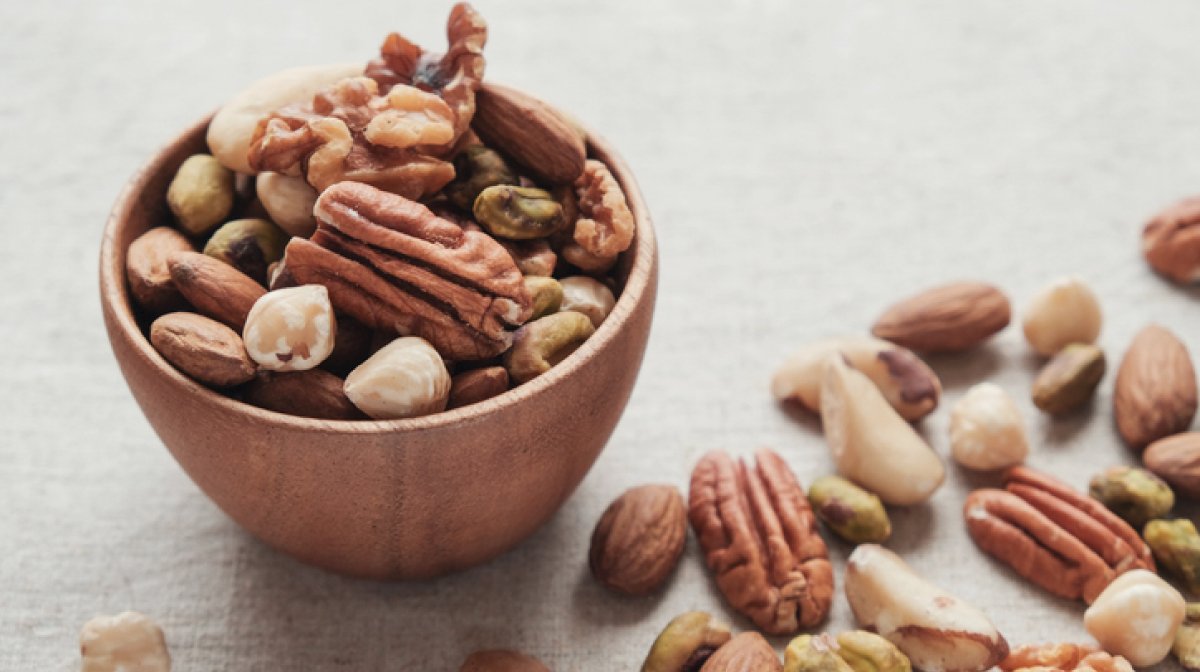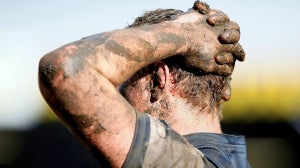
There are many myths when it comes to sports nutrition, and working out the truth about food will prove a large part of your rugby diet plan. For you to be competitive, you just need to remember a few basic tips.
Be real about protein
This is the building block of life, and it drives muscle repair and growth. If you are training extremely hard you should be looking to consume at around 0.7 and 0.8 grams of protein per pound (0.45kg) of body weight to help you recover. Pure meats such as chicken and tuna steak will help you reach that target. However for ease, and expense, protein shakes may help you reach your goals.
Fasting to disaster
Athletes depend on fuel, so starving yourself of calories won’t work for you. Good carbs are needed to repair your muscles after training, and carbs mean calories – they provide the energy you require to train and then recover, so pack your regime full of berries, mixed nuts… anything but complex refined carbs such as French fries.
A trendy low-carb or Paleo diet might be fine for someone wanting to lose weight, but for the competitive rugby player, cutting out carbs could leave you short during a game and hinder your recovery afterwards.
Fat chance
Not all fats are bad for the rugby diet plan. Certainly, some animal fats should be part of your regime – for example, ‘fatty’ fish such as tuna and mackerel. The trans fats that you find in processed foods certainly should be removed from your diet because they interfere with your metabolism.
Remember that there are healthy fats that have a positive effect on your lipid levels, protecting your blood vessels from calcification.
Water… Everywhere
Few people keep themselves properly hydrated, but it is a myth to believe it’s the only beverage that matters in a rugby diet. Obviously, you should not be downing pints of lager as you celebrate victory, but you should think about having a sports drink before that first celebratory pint.
These are full of calcium, potassium and magnesium, minerals that you lose through sweating whenever you train or play a game, causing cramp and headaches as you’re dehydrated. Water doesn’t contain these vital components of a healthy regime. Fruit juices are fine in moderation – they are, however, very high in calories, so have them as a treat.
Frozen out?
Another myth is the idea that frozen fruit and veg lack the vitamins that your body needs to function at its maximum level. Frozen goods are picked at their optimal ripening time, meaning that their vitamin content is at its peak. Of course, have fresh berries to get your energy boost, but don’t think that a bag of frozen raspberries is going to wreck your diet plan – the fact is, the vitamins you require are largely retained in fruit and veg that’s been frozen and vacuum-packed immediately after being harvested. The only real loss occurs with canned fruit and vegetables.
Get some nuts
The health benefits of almonds and walnuts are well known to rugby professionals. Nuts contain a whole lot of positives – they give you an energy boost and contain the fatty acids that help you to build and repair cells and muscle. From today, try to incorporate nuts into your rugby diet; sprinkle them over your salad, for example. Separating nutrition myths from healthy-eating facts should be a part of your everyday life.









